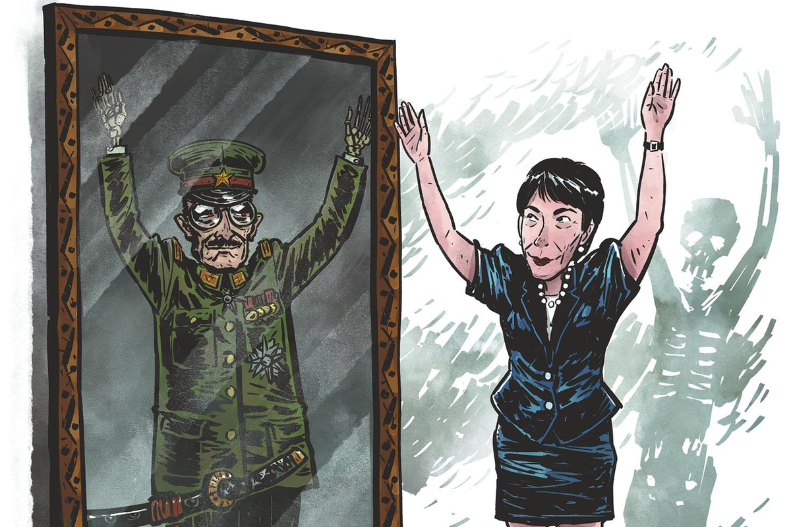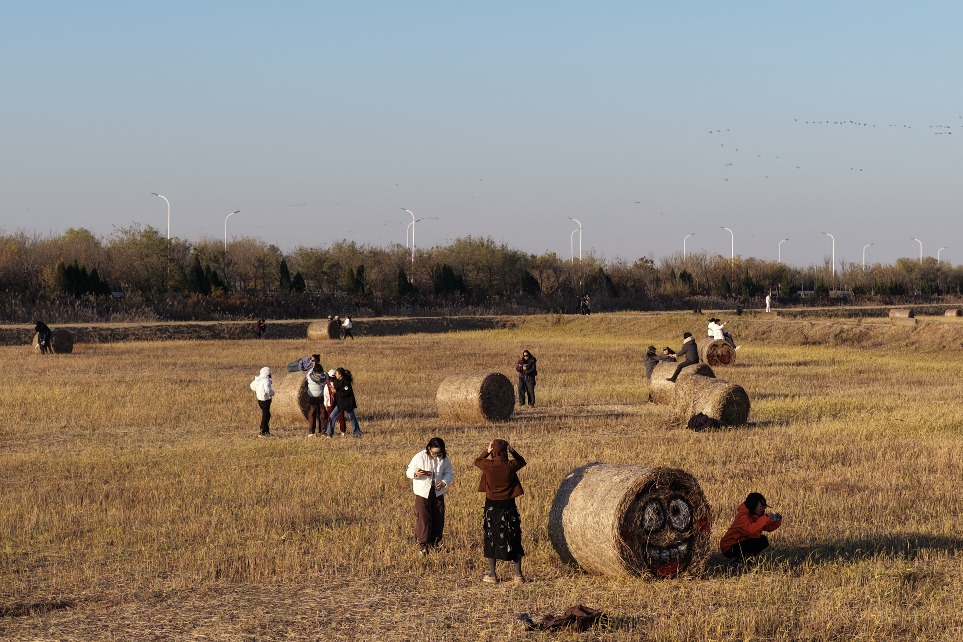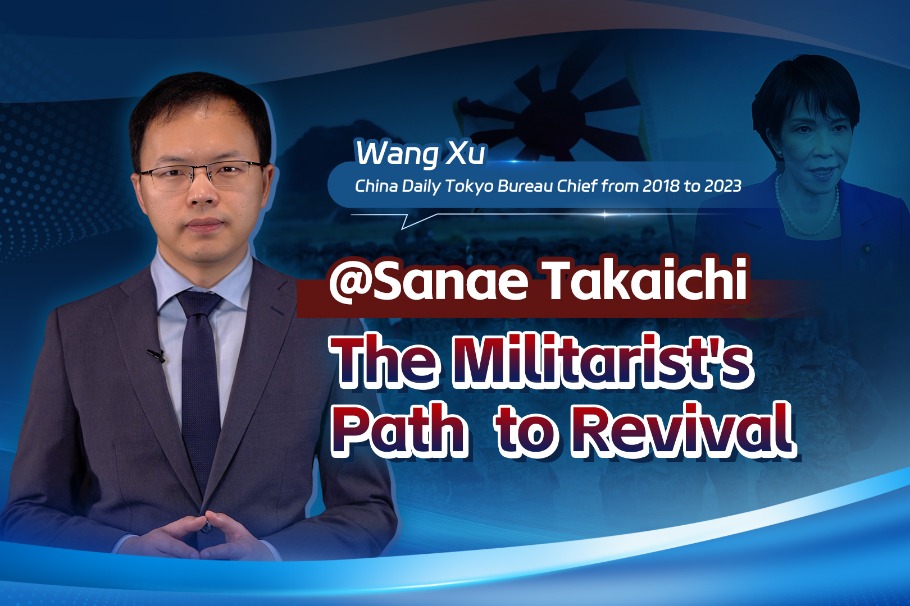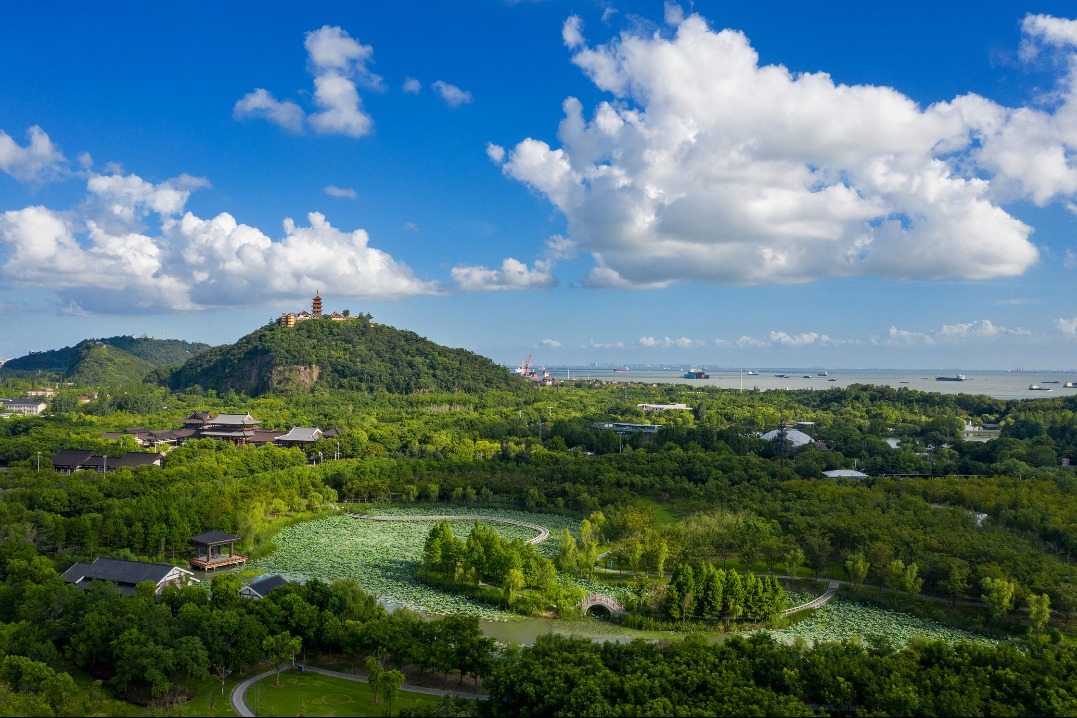5 states sign pact for shared use of Caspian Sea
Xinhua | Updated: 2018-08-15 09:43
MOSCOW - Russia, Iran, Kazakhstan, Turkmenistan and Azerbaijan signed an agreement Sunday for collective use of the Caspian sea after two decades of negotiations, the Kremlin said.

The presidents of the five states inked the landmark convention on the legal status of the Caspian Sea at the Fifth Caspian Summit in the Kazakh city of Aktau.
Russian President Vladimir Putin said the convention "fixes the exclusive right and responsibility of our states for the fate of the Caspian Sea and establishes clear rules for its collective use", according to a Kremlin transcript.
The document clearly regulates the issues of necessary delimitation, navigation and fishing regimes, fixes the principles of military-political interaction of the participating countries and guarantees the use of Caspian Sea exclusively for peaceful purposes, Putin said.
According to the Russian president, the necessary regulatory base for the settlement of the legal status of the Caspian Sea will be provided by six agreements in the spheres of economy, transport and security, which were also signed on Sunday.
In particular, on the basis of the agreement on economic cooperation in the Caspian, priority will be given to building up regional trade and economic ties and deepening close and mutually beneficial cooperation.
Putin also outlined the prospects of cooperation between the Caspian states in the spheres of tourism, ecology and conservation of bio-resources, suppression of drug trafficking as well as prevention and liquidation of emergency situations, the Kremlin said.
"We need to make full use of the possibilities of the convention and signed documents to stimulate trade and economic relations between the coastal states," Kazakh President Nursultan Nazarabyev was quoted by the Interfax news agency as saying.
He also said that the five states have agreed to sign an agreement on confidence-building measures in the military sector, in a bid to ensure the arms balance in the region and strengthen regional security and stability.
Works on the convention have been in development since 1996, and the foreign ministers of five states reached a consensus on its draft in Moscow in December 2017.
























